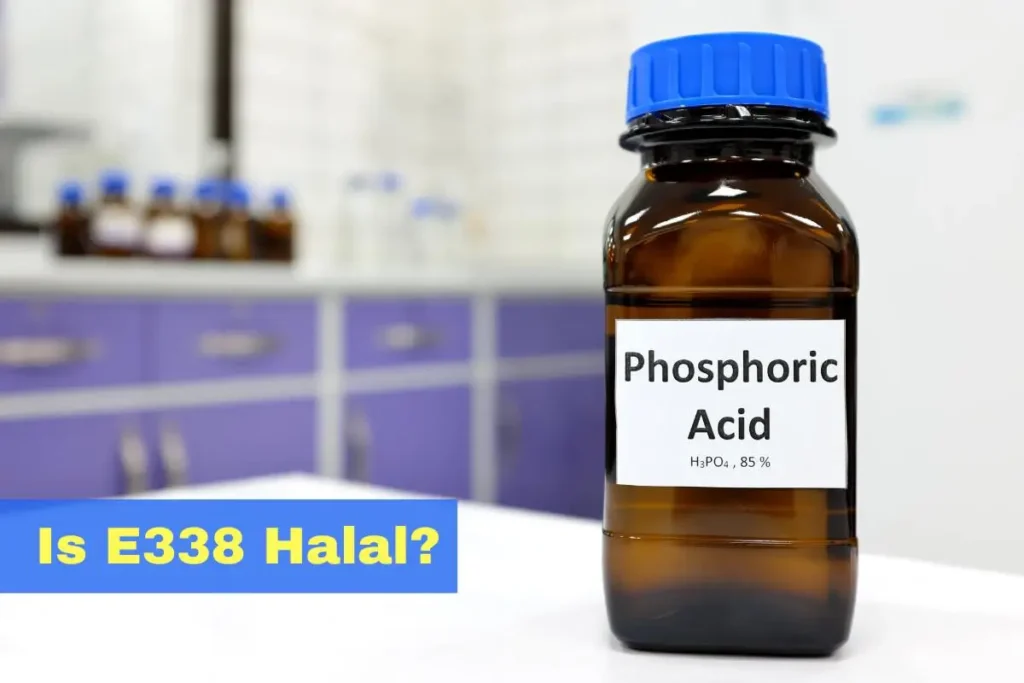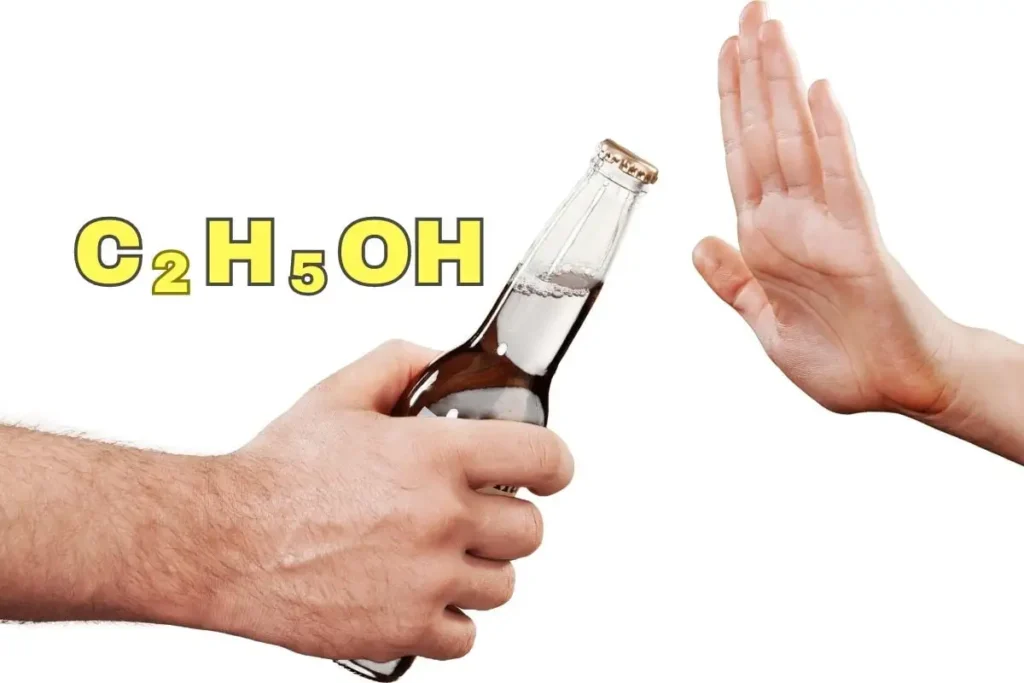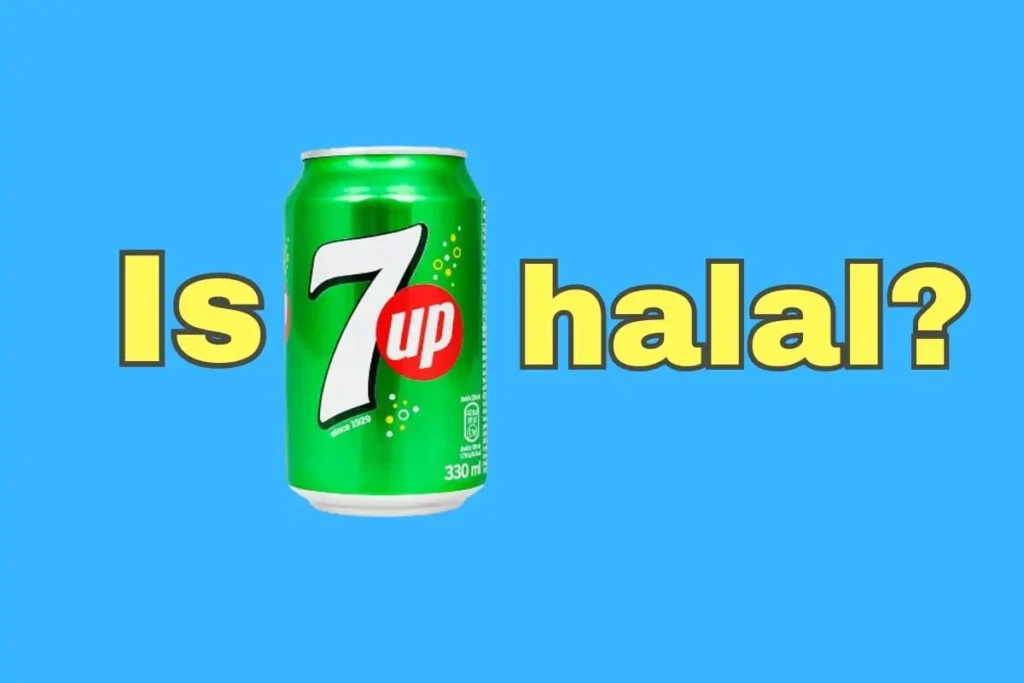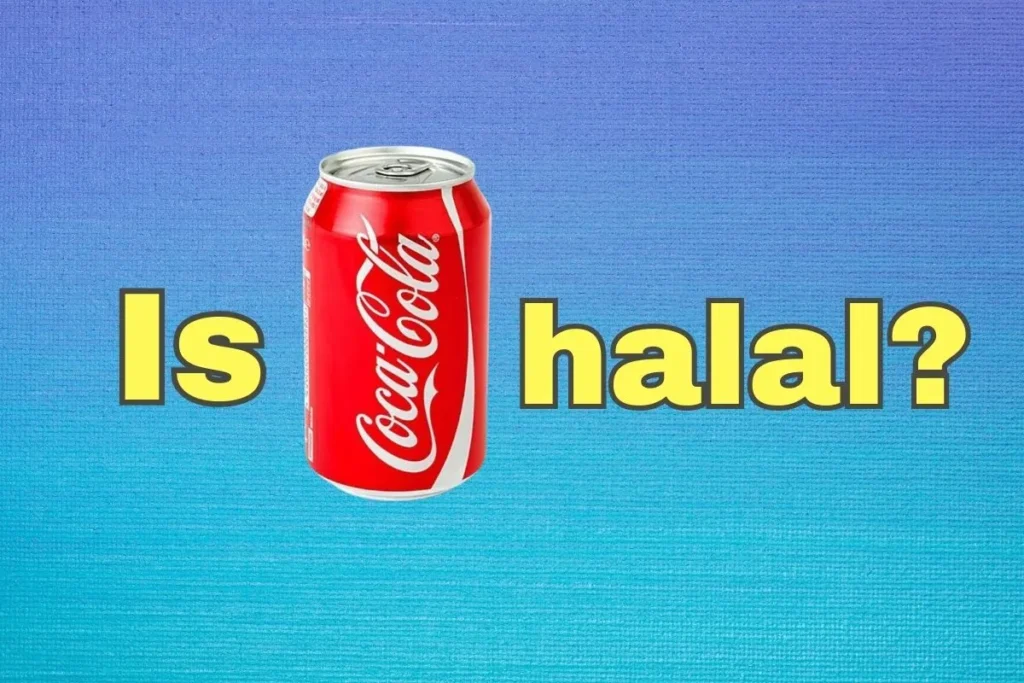If you follow a halal diet, you might have come across phosphoric acid (E338) in various processed foods. But what exactly is E338, and is it considered halal? Let’s take a closer look.
Key Takeaways
| 📌 E338, also known as phosphoric acid, is a chemical compound commonly used in processed foods and beverages. |
| 📌 Phosphoric acid is made by reacting phosphorus trichloride with water and is used as a flavor enhancer and preservative in soft drinks, baked goods, candy, and other processed foods. |
| 📌 The halal status of phosphoric acid depends on the source of the phosphorus used in its production. It has been deemed halal by the Indonesian Ulema Council (MUI) and the Islamic Religious Council of Singapore. |
What is E338?
E338 stands for phosphoric acid, which is a chemical compound used in many industries, including food production. It has a pungent smell and is colorless, odorless, and tasteless.
Phosphoric acid is commonly found in soft drinks, such as soda and energy drinks, as well as in baked goods, candy, and other processed foods.
Chemical Structure
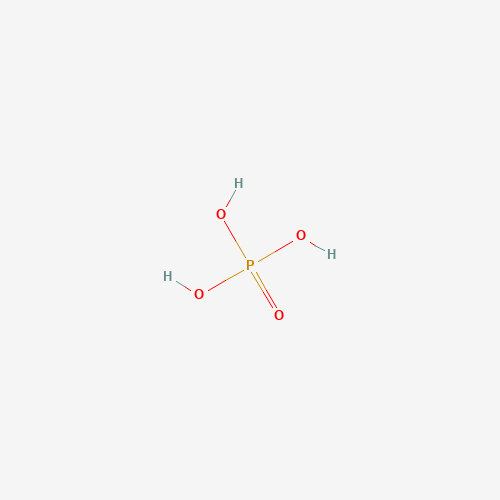
Phosphoric acid has a tetrahedral molecule structure, consisting of one phosphorus atom bonded to four oxygen atoms. Its molecular formula is H3PO4.
What is E338 made from?
Phosphoric acid is synthesized by reacting phosphorus trichloride with water. The resulting product is then purified through several steps before being sold as a commercial grade.
Possible Side Effects
While phosphoric acid is generally considered safe for consumption, excessive intake can lead to side effects such as stomach irritation, diarrhea, and nausea. Additionally, long-term exposure to phosphoric acid can cause bone density loss and kidney damage.
Regulations and Guidelines
In the United States, the Food and Drug Administration (FDA) regulates the use of phosphoric acid in food additives. According to the FDA, phosphoric acid is Generally Recognized As Safe (GRAS) for use in food and beverages.
However, the FDA requires manufacturers to label their products containing phosphoric acid so consumers can make informed choices about their diet.
Dosage and Administration
There is no recommended daily limit for phosphoric acid intake, but the FDA suggests that adults consume no more than 10 grams per day. Consumers who are concerned about their phosphoric acid intake can choose to avoid or reduce their consumption of processed foods that contain this additive.
Is E338 Halal or Haram?
Whether or not phosphoric acid is halal depends on the source of the phosphorus used in its production. Rejoice, for E338 finds itself firmly nestled in the realm of halal.
Both the Indonesian Ulema Council (MUI) and the Islamic Religious Council of Singapore affirm E338’s halal status, bringing you the good tidings of its permissibility.
Find out more:
Is E337 Halal or Haram?
Is E339 Halal or Haram?
Conclusion
While regulatory bodies like the US FDA consider it safe, moderation is essential to avoid potential side effects. In summary, E338 can be part of a halal diet if sourced correctly, allowing you to navigate your culinary choices with confidence.
Allahu A’lam (Allah Knows Best)
FAQ
Q: What is the source of E338?
A: Phosphoric acid can be produced from either animal or plant sources. Animal sources include bones and teeth, while plant sources include cornstarch and wheat bran.
Q: Is E338 safe for consumption?
A: Yes, phosphoric acid is generally recognized as safe for use in food and beverages by the US Food and Drug Administration (FDA). However, excessive intake can lead to side effects such as stomach irritation and bone density loss.
Q: What are some common food products that contain E338?
A: Soft drinks, baked goods, candy, and other processed foods often contain phosphoric acid as a flavor enhancer or preservative.
Q: What is the CAS number of E338?
A: The Chemical Abstract Service (CAS) number for phosphoric acid is 7664-38-2.
Q: Is E338 banned in any country?
A: No, phosphoric acid is widely used globally and is not currently banned in any major countries. However, regulations vary depending on the specific application and location.
- Is Pop Tarts Halal? What You Need to Know - February 18, 2024
- Are Graham Crackers Halal in Islam? - January 19, 2024
- Is Keebler Wheatables Halal? - January 18, 2024

